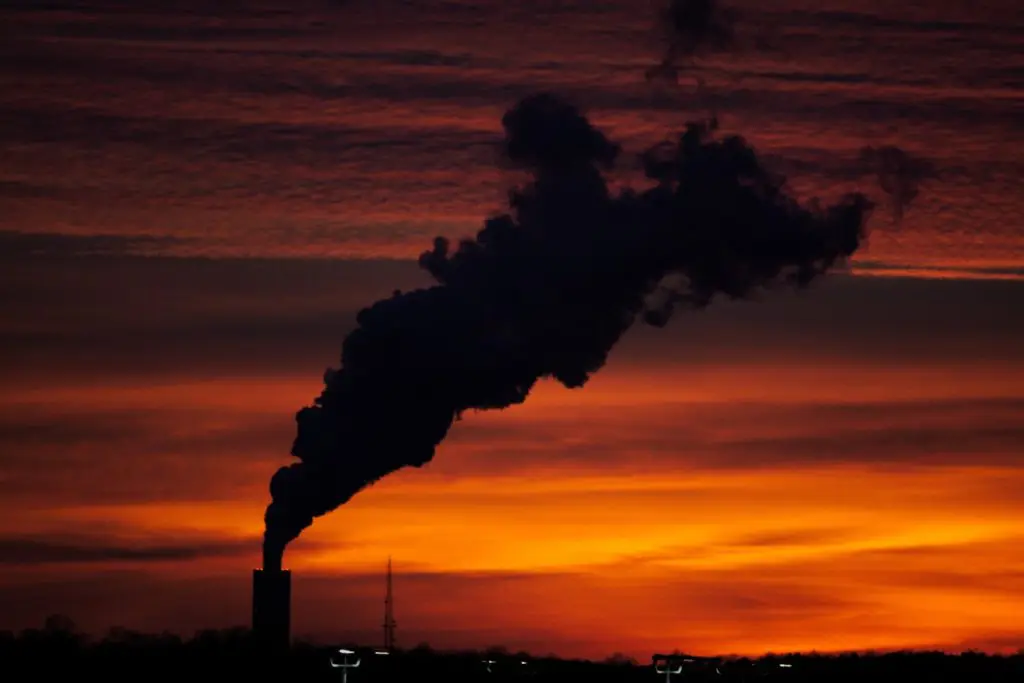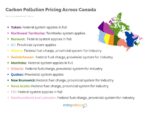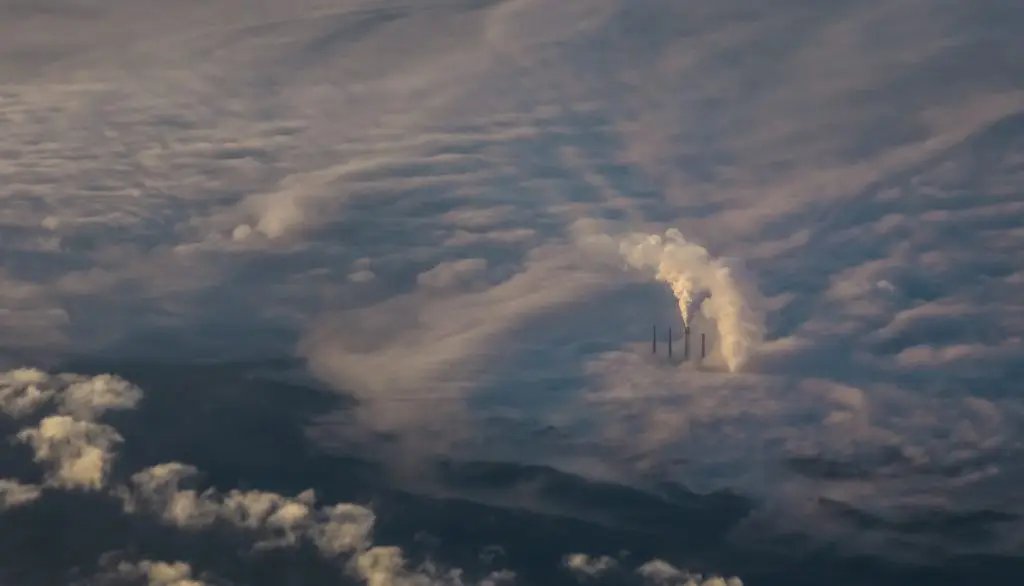
*Update: On March 15, 2025, the Canadian Federal Government announced changes to the consumer carbon tax. Effective April 1, 2025, the carbon tax will be set to $0. This means that after March 31, 2025, the carbon tax will no longer be applied to natural gas usage.
Customers will still see carbon tax charges for usage incurred up to and including March 31, 2025. For usage periods after March 31, 2025, the line-item Carbon Tax will read $0.00. Eligible Canadians will receive a final Canada Carbon Rebate payment starting April 22, 2025.
To learn more about the change to Canada’s carbon tax, click here for our detailed guide.
The federal carbon tax is always a controversial topic. Both environmental and financial issues are often surrounded by strong, dissonant opinions, so it’s no surprise that every news related to the program — or even to its rebates — generates more doubts, concerns and, sometimes, misinformation. To help sort it out, let’s get to the facts regarding the federal carbon tax and how the rebates will work for the provinces in Canada.
Ontario, Manitoba, Saskatchewan, and New Brunswick were some of the provinces in Canada that rejected the carbon tax (or couldn’t meet the climate requirements) proposed by the federal government. Then, earlier in 2018, Prime Minister Justin Trudeau announced not only that the tax would be imposed in these regions, but also that the residents would be reimbursed for such expenditures as part of the “Climate Action Incentive”, now called Canada Carbon Rebate (CCR.) On January 1, 2020, a federally imposed carbon tax also came into effect in Alberta.
Right now, all provinces and territories across Canada have some kind of carbon pricing. They are usually separated into three scenarios:
- Provincial/territorial system applies.
- Federal system applies.
- Federal system applies in part (usually the Federal fuel charge, and a provincial system for industries.)
To learn how your province applies the carbon tax, please check the “Carbon Pollution Pricing Across Canada” infographic below.

Essentially, this means taxes on electricity, gas and heating that come from “dirty energy sources.” The federal levy went into effect on April 1, 2019, and it only impacts the provinces that aren’t already covered by a local carbon tax program. The main idea behind it is to make fossil fuels less accessible, thereby reducing greenhouse gas emissions and incentivizing green energy use.
Canadians in these provinces will pay a certain amount per tonne of fossil fuels. However, the federal government provides residents with incentives, so the measures don’t turn into a financial burden for Canadians. For all of the four provinces inside of the imposed program, the average household will receive back more than the money it paid in rebates.
In Saskatchewan, for example, the average family paid $403 in 2019, and received $598 back as incentives (which means a positive balance of $195), according to The Globe and Mail. The money is reimbursed as part of the federal tax returns, or subtracted from any debts you may have with the Canada Revenue Agency.
Residents in BC, Northwest Territories, Nunavut, Quebec, and Yukon are currently not eligible for the Canada Carbon Rebate (CCR) for individuals.
When will it happen?
Canadians receive quarterly CCR payments. This happens every April, July, October, and January. The first payment from the previous calendar year starts in April. For example, for the 2024 base year, Canadians will get their first quarterly payment in April 2025, and the last installment in January 2026.
Since 2019, the federal carbon tax has gone up every year. The Liberal government has already announced the prices for dates until 2026, so families can know what to expect for the next few years and get to know how much they will earn back for rebates.
The difference between the tax-related costs and the rebates will only grow higher. As an example, Manitoba residents received $336 back in 2019. In 2025, the average reimbursement for the province is about $1,200, almost four times higher than the initial amount.
Check the table below to learn more about the average gains (carbon tax costs vs rebates) in the first four years of the charge across Canada.
Positive balance for consumers: The difference between the federal carbon tax and its rebates per year
| 2019 | 2020 | 2021 | 2022 | |
| Ontario | $56 | $82 | $108 | $133 |
| New Brunswick | $46 | $69 | $90 | $113 |
| Saskatchewan | $195 | $295 | $393 | $473 |
| Manitoba | $104 | $153 | $202 | $250 |
The carbon tax explained: What is the carbon tax, how does it work, and where does the money go?
As the federal government suggests, the carbon tax puts “a price on pollution” so people can reduce their carbon footprint. Canadians will pay a higher price for “dirty energy.” The primary goal is to reduce Canada’s greenhouse gas emissions by 200 million tonnes by 2030.
Many countries in the world, including France, Germany and Iceland, are going through similar changes in order to meet the United Nations’ 2030 Agenda for Sustainable Development requirements and the key points of the Paris Agreement.
Yet, governments face a lot of controversy with such decisions, as they can affect people’s financial lives and make some products or services less affordable. That’s why such decisions tend to be followed by governmental incentives like rebates, which make the transition from fossil fuels to green energy smoother. It sounds better for the environment and for families.
All Canadians will pay for the carbon tax, especially industries, and the revenue will be used according to each provincial government. In most cases, local governments will use the money to offer rebates, spend on climate change-related issues, reduce other taxes, and provide support for affected sectors.

Federal carbon tax rebates in Canada
Except for the Northwest Territories, BC, and Quebec, all Canadian provinces are partially or fully under the federal carbon tax. Although part of the same program, each area has its own specificities and energy-related issues, and the charges and rebates for each one of them take this into account. If you want to know how the federal carbon tax rebates will work in Canada, check the detailed info for each province below.
How to claim the carbon tax rebate?
According to the Climate Action Incentive official website, Canadians will be able to claim their carbon tax rebate on their tax return. The process will include filling out a quick form detailing the number of people in the family unit (both adults and children), as well as whether the family lives in a small or rural community. The payment will be made through the Canada Revenue Agency (CRA).
Ontario rebates
For 2024-25, the rates per household, per annual average are $1,124, with the note that the 2024-2025 Canada Carbon Rebate amounts include prior-year adjustments made with respect to proceeds generated in previous years in Alberta, Saskatchewan, Manitoba, and Ontario. As a result of this, the average payment amount per household in these provinces also reflects this adjustment. The Canada Carbon Rebate amounts also reflect the double of the rural top-up to 20%.
Manitoba rebates
In 2024-25, the average total household rebate is $1,193. A couple without children can expect to receive about $900.00 for the 2023 base year (four installments of $225.00.)
The revenue from the tax will go back to Manitoba residents through rebates, and provide support to local schools, hospitals, small and medium-sized businesses, colleges and universities, municipalities, not-for-profit organizations and indigenous communities.
Saskatchewan rebates
The federal plan also applies in Saskatchewan, especially to large industrial facilities that emit 25,000 tonnes or more of carbon dioxide equivalent (CO2e) per year, except for electricity generation and natural gas transmission pipelines, according to the official Environment and Climate Change Canada page. The province estimates it will cover approximately 11 percent of the region’s emissions.
Most of the proceeds collected by the federal government will be returned directly to Saskatchewan residents through the Climate Action Incentive payments. Also, part of the revenue is going to provide support for particularly affected sectors in the province.
In 2024-25 (2023 base year), a single adult, or the first adult in a couple, will receive $752.00 in rebates. The second adult in a couple will receive $376.
New Brunswick rebates
In New Brunswick, the proceeds collected by the federal government also provide support for particularly affected sectors and used for rebates.
In 2024 and 2025 (2023 base year), the average rebate for New Brunswick households is $719.











